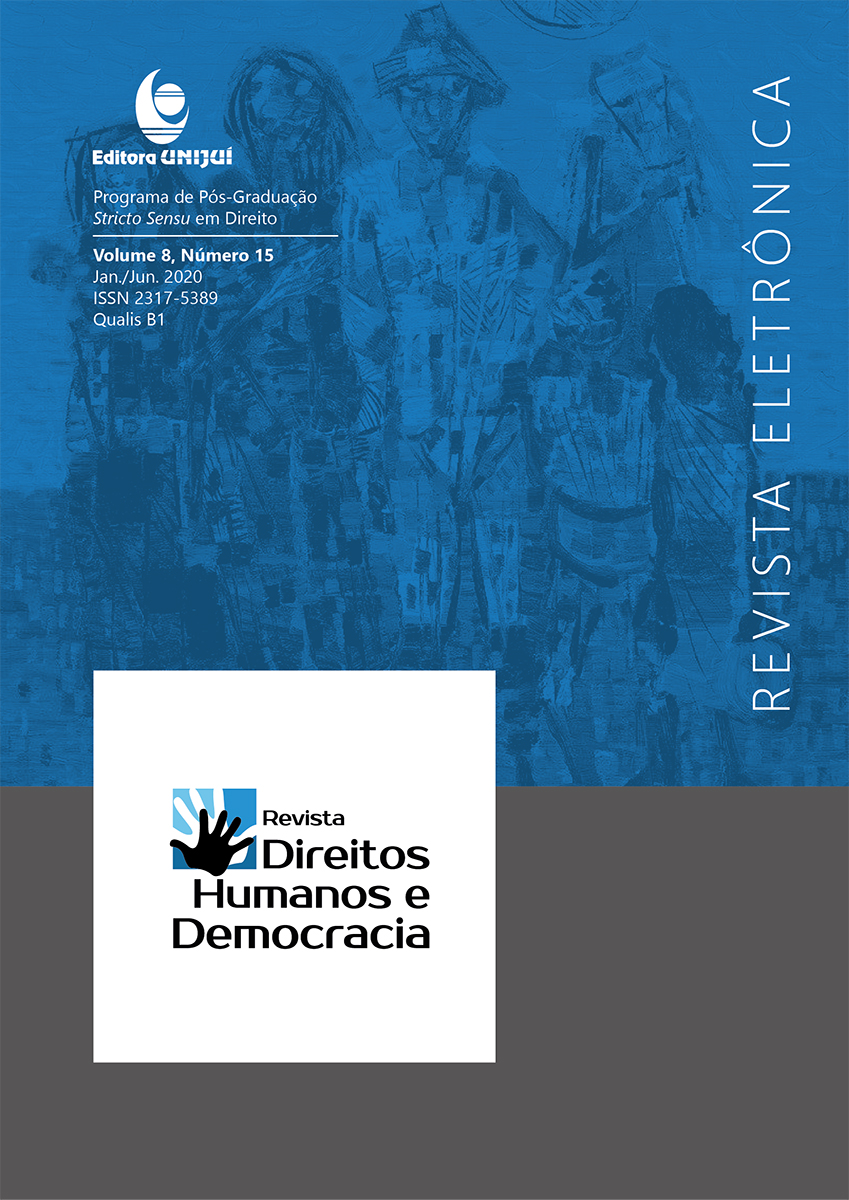PREVENÇÃO À TORTURA: UMA MERA QUESTÃO DE OPORTUNIDADE AOS MECANISMOS LATINO-AMERICANOS?
DOI:
https://doi.org/10.21527/2317-5389.2020.15.134-152Keywords:
Preventive National Mechanisms, Optional Protocol to the Convention Against Torture, United Nations, TortureAbstract
Based on the view that torture would be a type of opportunity crime, the Optional Protocol to the UN Convention against Torture created a system of inspections of deprivation units, forming the so-called National Preventive Mechanisms. The aim of this paper is to analyze the structure and modus operandi of four organs with this profile in Latin America. Therefore, its formation laws and the reports produced from the monitoring were studied. It was analyzed that the National Preventive Mechanisms studied tend to pay attention to the risk factors that lead to torture, instead of investing more breath to refer individual cases of violence. Therefore, while reproducing the UN majority perspective on torture as a kind of criminal offense, the agencies do not necessarily prioritize in their activities the accountability of actors who have perpetrated the act by analyzing torture as a pervasive practice.
Downloads
Published
How to Cite
Issue
Section
License
By publishing in the Revista Direitos Humanos e Democracia, authors agree to the following terms:
Articles are licensed under the Creative Commons Atribuição 4.0 Internacional (CC BY 4.0), which allows:
Share — copy and redistribute the material in any medium or format;
Adapt — remix, transform, and build upon the material for any purpose, including commercial use.
These permissions are irrevocable, provided the following terms are respected:
Attribution — authors must be properly credited, with a link to the license and indication of any modifications made;
No additional restrictions — no legal or technological measures may be applied that restrict the use permitted by the license.
Notices:
The license does not apply to elements in the public domain or covered by legal exceptions.
The license does not grant all rights required for specific uses (e.g., image rights, privacy, or moral rights).
The journal is not responsible for opinions expressed in the articles, which remain the sole responsibility of the authors. The Editor, with the support of the Editorial Committee, reserves the right to suggest or request modifications when necessary.
Only original scientific articles presenting research results of interest, not previously published or simultaneously submitted to another journal with the same purpose, will be accepted.
References to trademarks or specific products are intended solely for identification purposes and do not imply any promotional endorsement by the authors or the journal.
License Agreement: Authors retain copyright over their articles and grant the Revista Direitos Humanos e Democracia the right of first publication.













